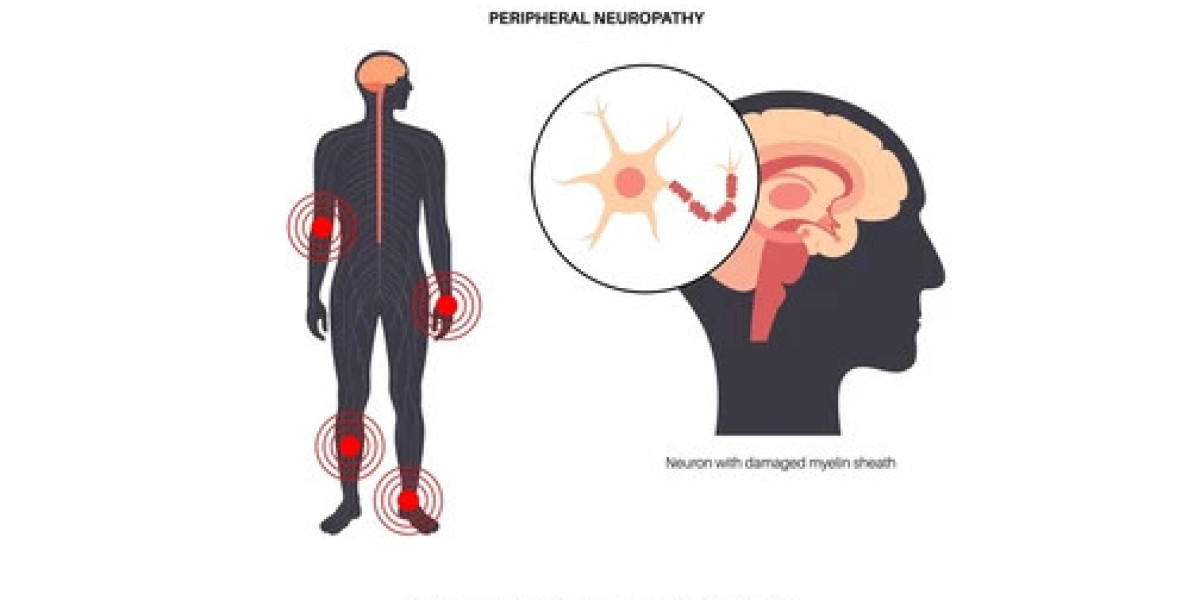Introduction
Dealing with chronic pain and epilepsy can be a life-long struggle. Patients rely on trusted medicines that provide reliable improvement in reducing pain and quality of life. One such appointed medicine is Gabapentin, which is commonly prescribed to treat neuropathic pain and seizures. Gabapentin's ubiquitous effectiveness has made it a first-line medicine for many individuals across the globe. Whether the diagnosis is nerve pain related to diabetes, shingles, from spinal changes, or seizures due to epilepsy, Gabapentin has been tested in a clinical setting and has shown it is safe and effective.
Understanding Gabapentin
Gabapentin is a drug used to treat seizures and neuralgia. The drug was first developed as a GABA (gamma-aminobutyric acid) analog, and it decreases excitation within the brain and nervous system. Gabapentin does not bind directly to GABA receptors, instead it affects calcium channels in the nerve cell which decreases erroneous nerve signals causing seizures or pain.
Uses of Gabapentin 300mg
Neuropathic Pain Relief
Diabetic neuropathy (nerve pain from diabetes)
Postherpetic neuralgia (shingles-related pain)
Nerve compression (sciatica, slipped disc)
Pain from spinal cord injuries
Epilepsy (Seizure Management)
Controls partial (focal) seizures
Often prescribed with other anti-seizure medications
Other Uses (Doctor-Guided, Off-label)
Restless leg syndrome (RLS)
Fibromyalgia
Chronic migraine prevention
Certain cases of anxiety disorders
How Gabapentin Works in Treating Epilepsy
Epilepsy is defined by recurrent seizures due to abnormal brain activity. Gabapentin works by balancing electrical nerve activity, decreasing the occurrence and intensity of seizures.
Partial Seizures: Gabapentin is very effective in managing partial (focal) seizures that do not involve the entire brain.
Adjunct Therapy: Physicians usually prescribe it in combination with other anti-epileptic medicines for greater control.
Improved Quality of Life: Patients have fewer seizures, resulting in enhanced mental concentration, sleep, and daily activities.
Gabapentin for Pain Management
Chronic neuropathic pain can severely affect mobility, mood, and lifestyle. Gabapentin,unlike regular pain medication, specifically focuses on nerve pain by decreasing the misfiring signals of damaged nerves.
Conditions Where Gabapentin Helps with Pain:
Diabetic Neuropathy - Pain, tingling, and numbness in hands and feet due to diabetes.
Shingles (Postherpetic Neuralgia) - Continuing burning pain that persists after the rash from shingles has healed.
Spinal Cord Problems - US pain from herniated discs, sciatica, and nerve compression.
Chemotherapy-Induced Nerve Pain - For patients with cancer suffering from nerve pain due to treatment.
Injuries/Infections - After pain due to injury or certain infections involving pain for prolonged neural pain recovery.
Benefits of Gabapentin 300mg
Provides targeted relief for nerve pain
Helps reduce seizure frequency
Non-opioid alternative for pain management
Improves sleep quality by reducing nighttime pain
Can be used safely long-term under medical supervision
Potential Side Effects
Although Gabapentin is generally safe, you may experience the following side effects:
- Dizziness or drowsiness
- Fatigue
- Blurred vision
- Weight gain
- Edema in the legs
Serious side effects are uncommon, but if you experience serious side effects, inform your healthcare provider as soon as possible including changes in mood or difficulty breathing.
How to Take Gabapentin 300mg
Usually started at 300mg once a day, then gradually increased based on response.
Can be taken with or without food.
Must be taken at the same time daily for best results.
Never stop suddenly; the dose should be reduced gradually under a doctor’s guidance.
Safety Tips
Avoid alcohol as it increases drowsiness.
Tell your doctor about other medications.
Do not drive until you know how Gabapentin affects you.
Pregnant or breastfeeding women should consult a doctor first.
International Perspective: UK, Japan, and Australia (including Sydney)
Gabapentin is well established in various countries, such as the UK, Japan, and Australia (Sydney as well), for the treatment of pain (especially neuropathic pain) and epilepsy. Prescribing Gabapentin is common and healthcare professionals may recommend the medication because of its safety and efficacy. Gabapentin is offered in a range of formulations with several brand names, healthy confidence in prescribing it as part of a persons’ treatment plan.
FAQ
Q1: Is Gabapentin addictive?
A: Gabapentin is not classified as addictive like opioids. However, it should only be taken under medical supervision.
Q2: How long does Gabapentin take to work for pain?
A: Some patients notice improvement within a week, while others may need several weeks for full relief.
Q3: Can Gabapentin be taken long-term?
A: Yes, under a doctor’s guidance, Gabapentin can be safely used for long-term management of chronic pain or epilepsy.
Q4: Is it safe to drive while taking Gabapentin?
A: In the initial days, Gabapentin may cause dizziness or drowsiness. Avoid driving until you know how the medication affects you.
Q5: Does Gabapentin help with anxiety?
A: While not officially approved for anxiety, some doctors may prescribe it off-label for certain anxiety disorders.
Conclusion
Gabapentin is a trusted medicine for pain and epilepsy management, giving patients a safe, effective, and non-opioid treatment option. Its ability to reduce nerve pain and help manage seizures has established it as a mainstay in treatment regimens globally. For those living in the UK, Japan, and Australia (Sydney), Gabapentin remains a trusted medication routinely prescribed by healthcare professionals.
Gabapentin provides patients with hope and stability in managing their long-term health conditions by improving quality of life, reducing pain, and preventing seizures.
















